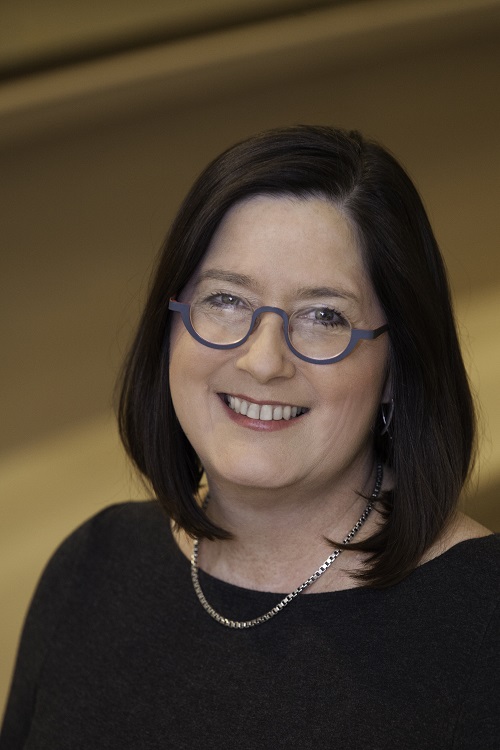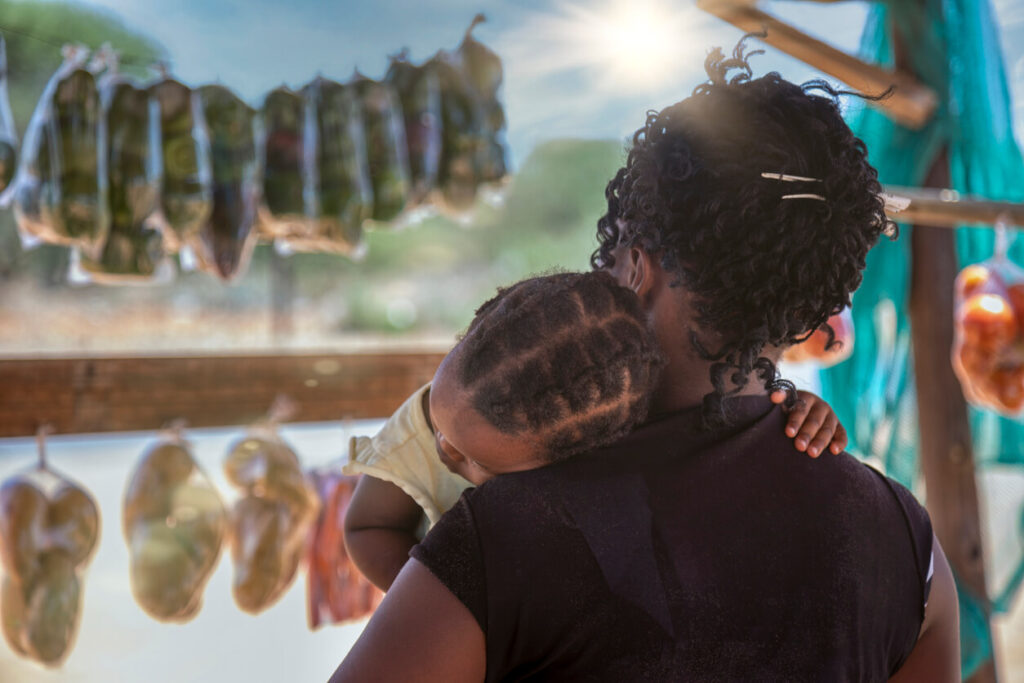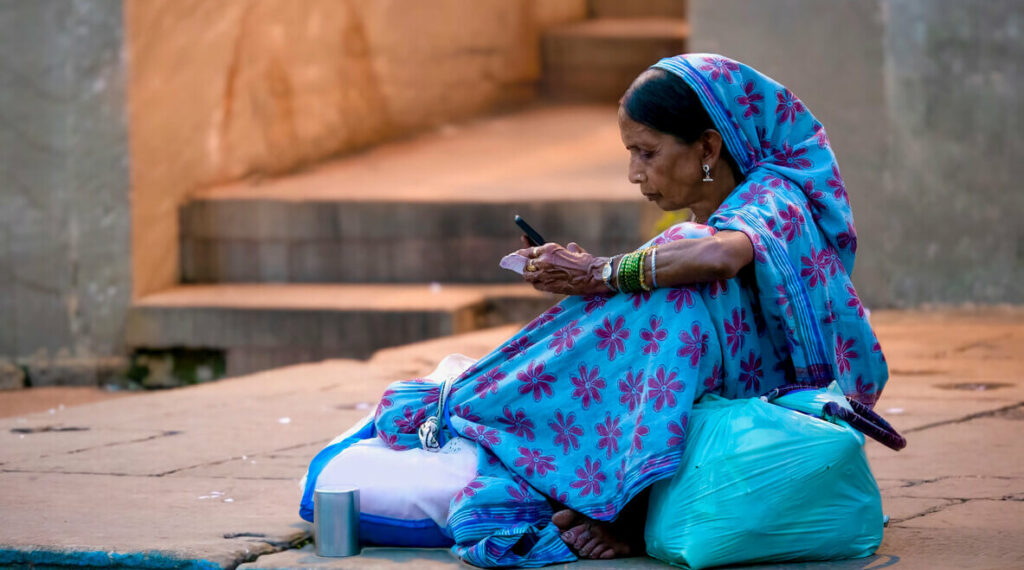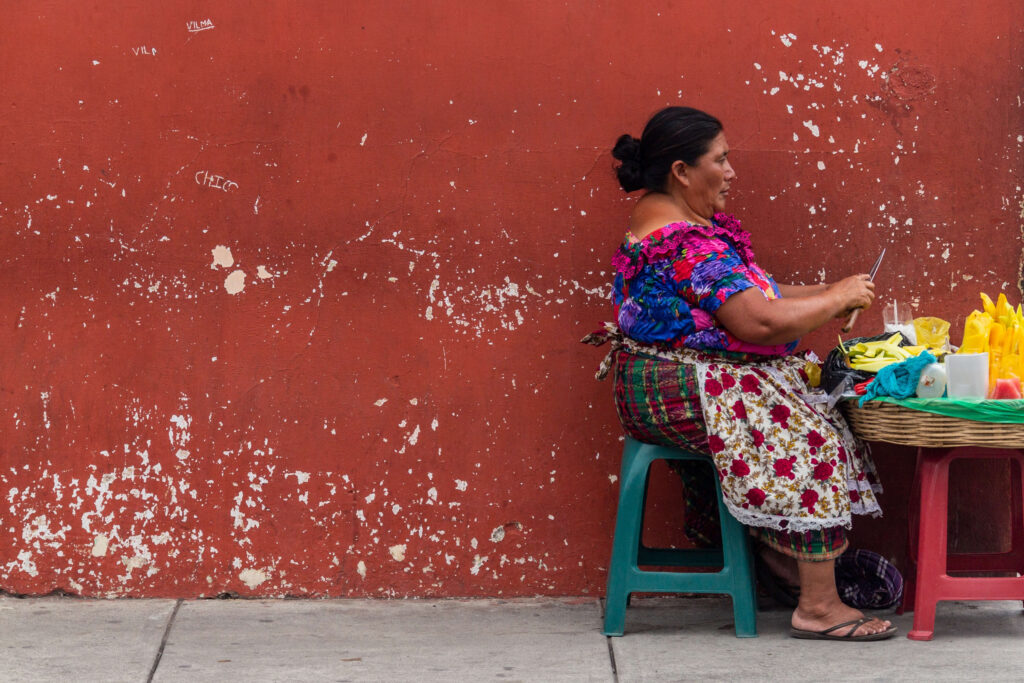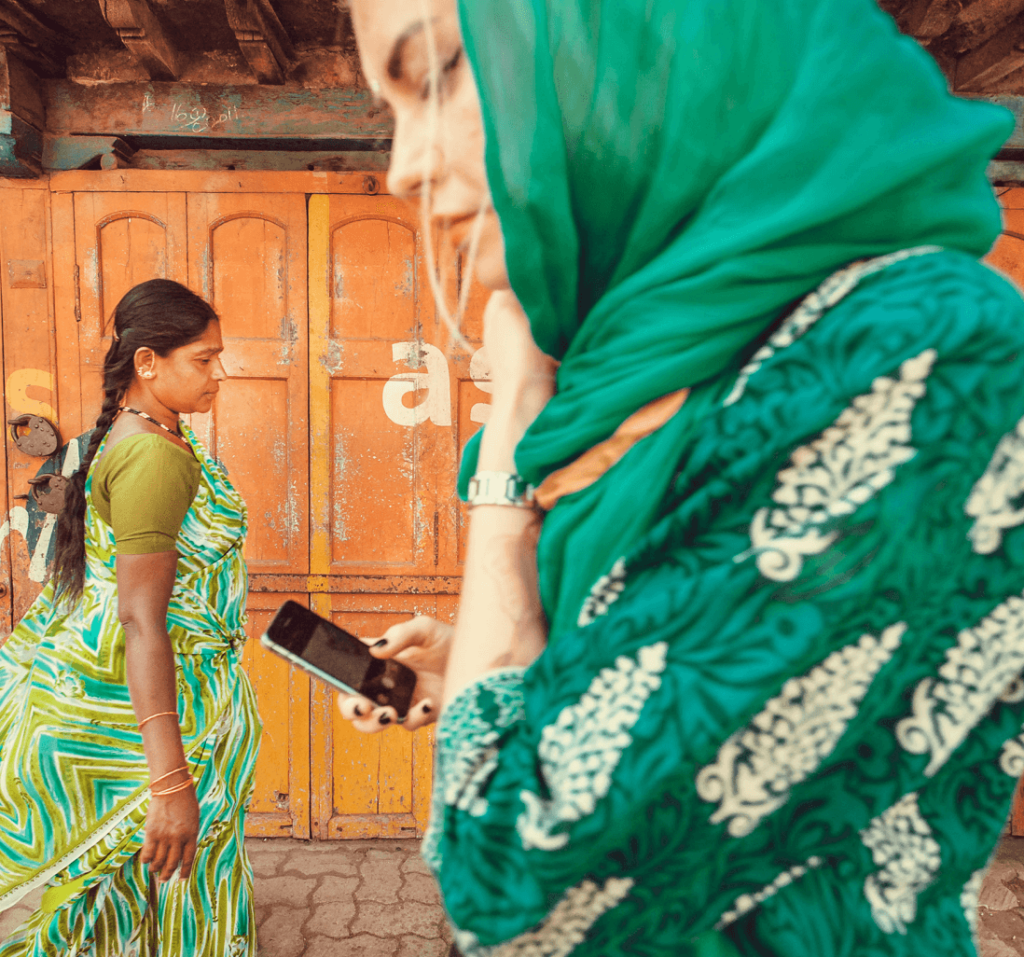
Two years into the COVID-19 pandemic, the role of digital financial services in providing access to essential services is undeniable. Digital financial services have enabled governments and nonprofits to deliver timely social protection payments and aided families and friends of those in need to quickly share financial resources. The rise of platforms and small business fintechs allowed for new forms of commerce that have kept people employed and grown gig work opportunities, which helped customers in small villages and large cities alike to purchase goods needed for their households.
We need data, metrics, and measurement standards to better understand and move the needle on measuring resilience.
The role fintechs have played over the last two years is clear. We have data about the growth of fintechs during the pandemic, on how much capital they have attracted from investors, and many anecdotal stories about how individuals and firms using fintechs have experienced direct benefits from moving to digital solutions. But while there are many stories of the positive relationships between fintechs and their customers during the pandemic, we need data, metrics, and measurement standards to better understand and move the needle on measuring resilience.
With the support of Jersey Overseas Aid and Comic Relief, CFI conducted research to better understand fintechs, their resilience, and the impact they have on the livelihoods of low-income customers. CFI’s research on fintech resilience is the first attempt to set forth a framework and call to action to understand the interconnectedness between progress at the provider level and the implications for users. Through our research, we found that, by and large, fintechs are operationally resilient, although many early-stage fintechs did have to resort to layoffs and salary cuts, or to slowing growth plans. However, measuring resilience — whether at the level of financial institutions or customers, as well as how they influence each other — is at an early stage of research.
PACT measures resilience as a combination of abilities and access to resources across four dimensions: Preparedness, Access, Capability, and Ties (Networks).
To support our work in understanding how to measure and quantify fintech’s resilience and impact, CFI developed the PACT framework. This helps us analyze the resilience of both fintechs and low-income customers, and see where and how there are direct connections between the two. PACT measures resilience as a combination of abilities and access to resources across four dimensions: Preparedness, Access, Capability, and Ties (Networks). This framework can inform investors and donors who are looking to support low-income customers.

